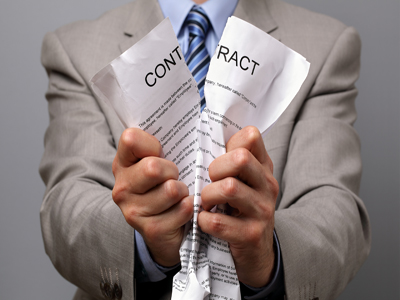
Why Deals Fail: Unrealistic High Asking Prices Are Usually The Culprit
A recent post from Peter Siegel founder at BizBen.com with a few simple but important ideas on why businesses do not sell.
The unfortunate truth is that approximately 50 percent of all California small business for sale transactions fall through. Failed transactions can happen for a variety of reasons, i.e. the seller has poor record keeping abilities, the business location has an unattractive lease, and even a lack of motivation for the owner to get a deal done, etc. While many of those reasons have led to failed deals, the most common reason that deals fall through is because the seller has listed their initial asking price much too high.
When a business owner lists their business for a price that seems otherwise unreasonable to potential buyers, it ultimately scares off the majority of those people who were genuinely interested in buying the business. Business owners who have invested a lot of time and money into their company want to get top dollar for their hard work, even if it means valuing their business where they believe future profits would have taken them, or in the ballpark of what their business was worth before the recession.
If a business owner has their business priced too high and begins negotiations with a potential buyer who is willing to buy the company for much less than the listed price, it is important to keep an open mind and work toward understanding why people aren’t willing to pay the full asking price for their business.
As a seller, you may have come to your asking price without having your business properly valued, and may need to reevaluate your stance on your price and seek professional assistance.
As a potential business buyer, it is critical to be able to support your value of the company you are interested in with hard facts. Analyzing a profit and loss income statement from the previous 3 years is an excellent place to start and is among the numerous things that will play into the process of valuing the business.
After an offer is made, both parties must work together to understand where the other side is coming from and understand that everything is negotiable. If you aren’t willing to budge or negotiate, you’ll never get a deal done. Both parties should develop a report with one another to show good faith and support their reasoning for prices in a way that doesn’t scare the other party out of a deal. Neither party should become excitable or get offended by the other person’s offer / purchase agreement, but rather strive to make a deal that benefits both sides.
